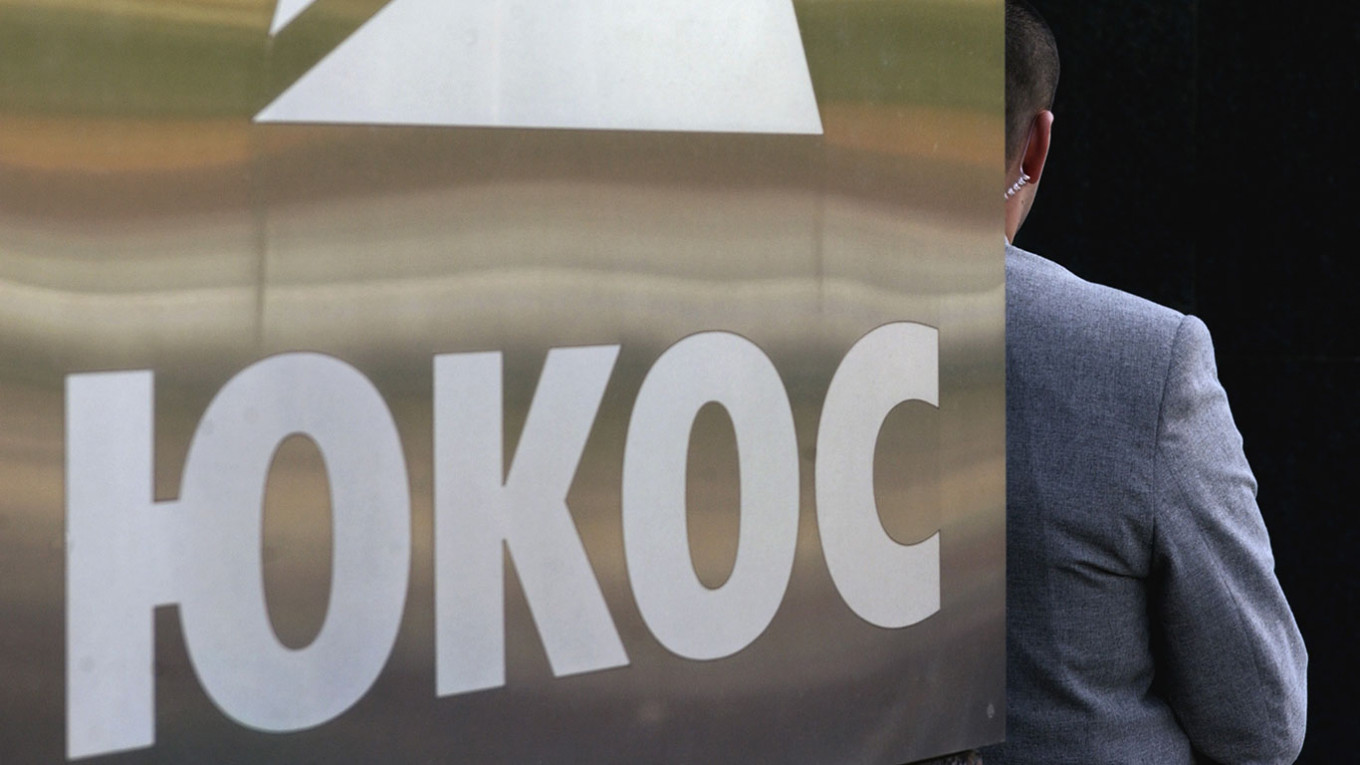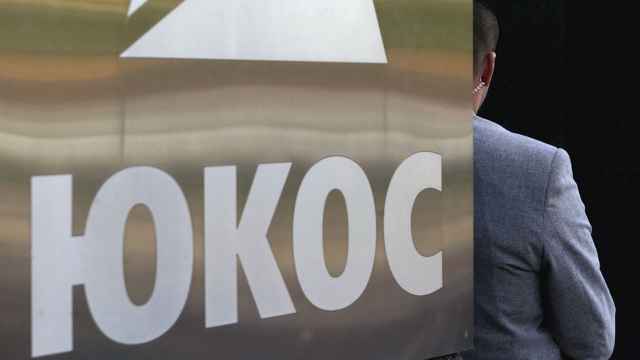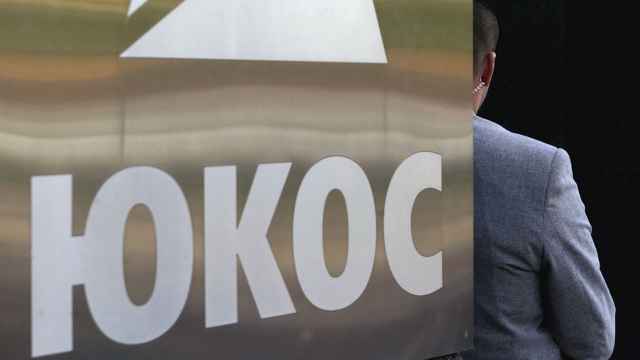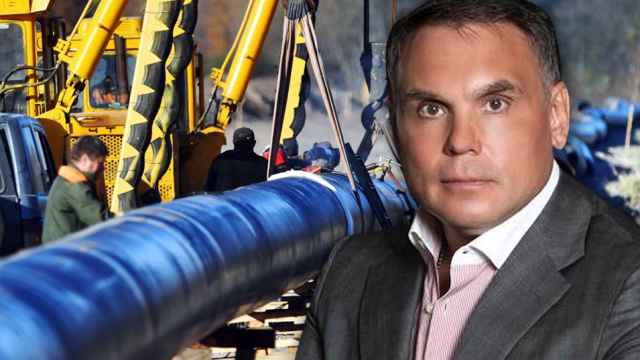The Dutch supreme court on Friday scrapped an order for Russia to pay a record $50 billion to former shareholders in dismantled oil giant Yukos, but the legal saga is set to drag on for years more.
Judges shunted the case back to a lower court for more hearings as the battle continues over Yukos, which broke up in the early 2000s after the arrest of its former owner, the Kremlin critic and ex-tycoon Mikhail Khodorkovsky.
Russia hailed Friday's decision, but the ex-shareholders said they were "confident" they would eventually win their fight over the original 2014 arbitration award, believed to be the world's biggest.
"Today the Supreme Court quashed the appeal court's final judgment," the top court said in a statement, referring to a decision by Dutch appeals judges last year to uphold the $50-billion payout.
The top court said Moscow's arguments that the shareholders had "committed fraud" during the arbitration had been wrongly dismissed by appeals judges on procedural grounds.
"The case has been referred to the Amsterdam Court of Appeal for renewed judgment on this ground," it added.
But the court rejected all of Russia's other arguments that it was not bound by an energy treaty, on which the 2014 ruling by the Hague-based international Permanent Court of Arbitration was based.
'Confident'
Yukos was one of a number of companies formed as the Soviet Union crumbled in the 1990s when businessmen like Khodorkovsky scooped up former Soviet assets at knock-down prices.
Khodorkovsky then became a vocal critic of Russian President Vladimir Putin, who warned the growing class of so-called oligarchs against meddling in politics, and was arrested in 2003.
After Khodorkovsky's downfall, Yukos collapsed in the face of huge government tax demands and was sold off in opaque auctions to state companies led by Rosneft between 2004 and 2006.
State-owned Rosneft has since grown into one of the world's biggest listed oil companies.
Khodorkovsky, who spent a decade in jail and now lives in exile in London, is not a party to the case.
But the former majority shareholders in Yukos led by the GML financial holding company sought compensation from Russia.
GML said in a statement that the shareholders "won on all substantive grounds" on Friday.
"We will study the supreme court ruling, but are confident that the court of appeal in Amsterdam will dismiss the baseless allegations raised by the Russian Federation, and the arbitral awards will be upheld," said GML chief executive Tim Osborne.
'Rule of law'
Russia's chief prosecutor's office said in a statement that the Dutch top court decision "reaffirms the principles of the rule of law and the independence of the judiciary."
It branded the former shareholders as "former Russian officials who illegally took control of Yukos" and accused them of money laundering and "procedural fraud."
But it rued the "regrettable" decision not to dismiss the case outright, estimating that it would now last until at least 2023.
Russia took the case to the Dutch legal system after the original PCA decision in 2014, which itself followed nine years of hearings.
A local Dutch court dropped a bombshell in 2016 when it upheld Russia's appeal, ruling that the PCA was "not competent" to rule in the case.
The Dutch appeals court in turn restored the initial award in 2020.
The supreme court's chief legal advisor said in April that the $50-billion award should be upheld.
The shareholders have already begun a legal battle to enforce the original award, with a Dutch court last year granting the shareholders local rights to two iconic vodka brands, Stolichnaya and Moskovskaya.
The Yukos decision comes against a backdrop of tensions between the Netherlands and Moscow, often fought out in Dutch courts, over issues ranging from a collection of Crimean gold to the 2014 shooting down of flight MH17.
A Message from The Moscow Times:
Dear readers,
We are facing unprecedented challenges. Russia's Prosecutor General's Office has designated The Moscow Times as an "undesirable" organization, criminalizing our work and putting our staff at risk of prosecution. This follows our earlier unjust labeling as a "foreign agent."
These actions are direct attempts to silence independent journalism in Russia. The authorities claim our work "discredits the decisions of the Russian leadership." We see things differently: we strive to provide accurate, unbiased reporting on Russia.
We, the journalists of The Moscow Times, refuse to be silenced. But to continue our work, we need your help.
Your support, no matter how small, makes a world of difference. If you can, please support us monthly starting from just $2. It's quick to set up, and every contribution makes a significant impact.
By supporting The Moscow Times, you're defending open, independent journalism in the face of repression. Thank you for standing with us.
Remind me later.






